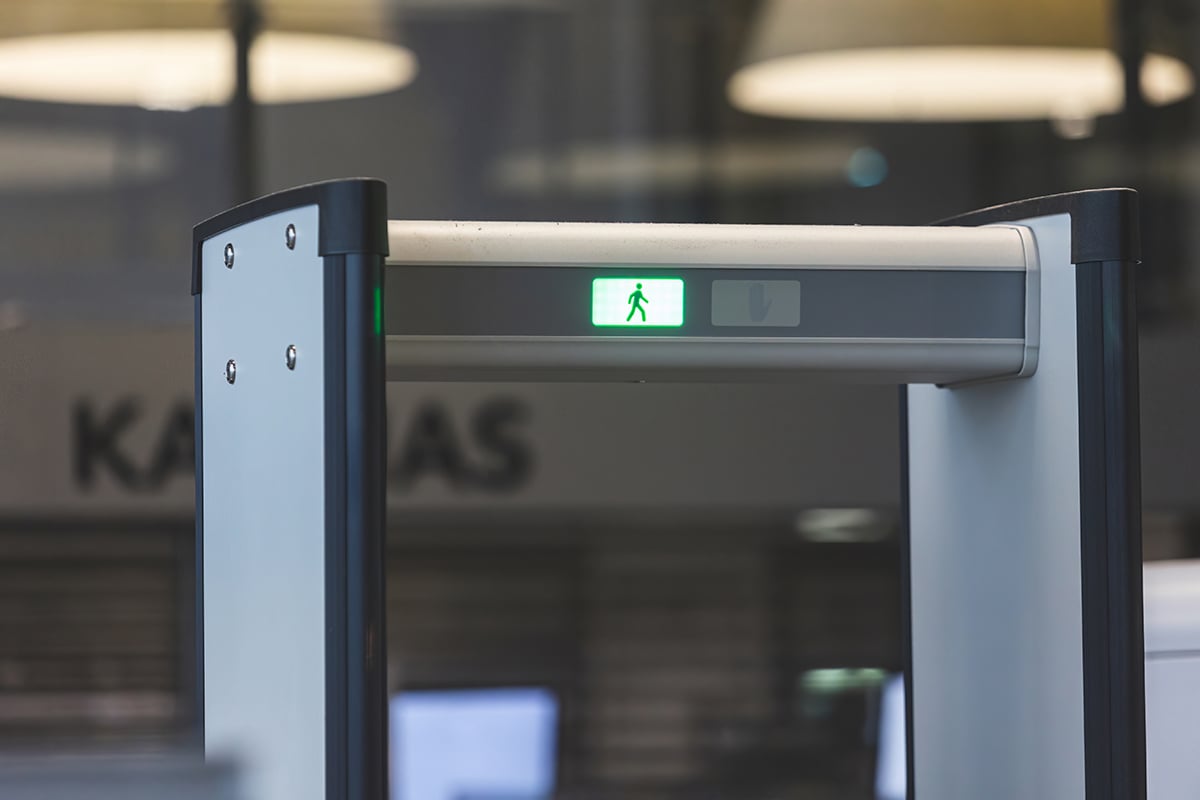In a pioneering move to enhance security, the Health Sciences Centre (HSC) in Manitoba, operating under Shared Health, plans to introduce an artificial intelligence (AI) weapon detection system at crucial access points. This state-of-the-art system, a departure from traditional security methods, is scheduled to commence in the facility’s emergency department and Crisis Response Centre by the end of this month.
The shift to AI-supported security measures is a reaction to the recent spike in violent incidents at the Winnipeg-based facilities. The pilot project is designed to improve safety while avoiding the inefficiencies typical of traditional security systems. Unlike metal detectors, which necessitate the removal of metal possessions, leading to lines and hold-ups, the AI system offers a more streamlined and rapid entry process.
Shared Health has announced that this technology will enable scanning of individuals upon entry without requiring the removal of keys, cell phones, belts, or shoes. This method is expected to expedite the entry process and minimize the invasiveness of security screenings, making it a preferable option for the hospital’s daily functions.
Referencing the success seen at Windsor Regional Hospital in Ontario, where the AI system identified over 1,800 knives and other sharp weapons in just nine months, there is optimism about the potential success of the HSC’s trial.
However, the use of such sophisticated technology is not without debate. Some critics and security experts have raised concerns about the AI system’s effectiveness. In certain cases, like a New York school incident, AI systems failed to detect weapons, despite their advanced capabilities.
Companies like Xtract One, which specialize in AI weapon detection, argue that the success of these systems largely depends on their configuration and the specific settings in which they are used. They stress the importance of setting realistic expectations and understanding that no system is foolproof.
Beyond the AI detectors, Shared Health has boosted security at the HSC with more patrols, additional cameras, and panic alarms, creating a robust security framework to protect staff and the public.
The pilot program will see participation from several companies providing their technology at no cost to the health authority. Notably, the AI systems used in the trial will not involve facial recognition technology, addressing privacy concerns.
The health authority is also planning to install amnesty lockers near the detectors, where individuals can voluntarily deposit any items they prefer not to be scanned.
The Health Minister has noted that this pilot is part of a broader initiative to fortify security across several hospitals. As the pilot unfolds, its outcomes will be thoroughly evaluated, and necessary adjustments will be made, aiming to ensure that the AI weapon detection systems enhance security while maintaining crucial operational flow and accessibility in emergency healthcare settings.







